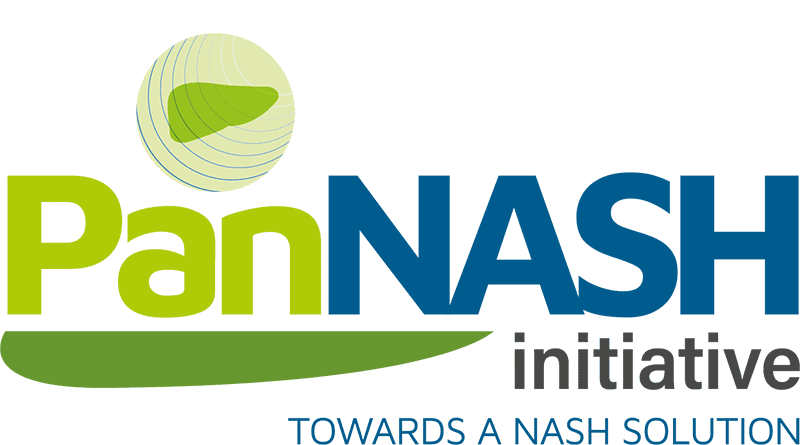Comment:
Other than weight control through lifestyle modification, no therapy currently exists for the treatment or prevention of nonalcoholic fatty liver disease (NAFLD). However, increased epidemiological data has advocated for coffee consumption’s preventive effects regarding NAFLD’s progression. Interestingly, there seems to be an inverse correlation between coffee consumption and risk of developing type 2 diabetes mellitus (T2DM). These individuals are at a high risk of developing NAFLD.
This experimental study examined the effect of coffee consumption with or without caffeine on the prevention of NAFLD using a well-characterized western diet-induced NAFLD mouse model.
Key learnings:
Coffee, independently from its caffeine content, modulates and improves insulin resistance as well as markers of early liver toxicity in western diet-induced fatty liver mice.
Coffee specifically restores western diet-induced dysregulation of an insulin responsive pathway (insulin-HNF4α-Cyp7b1), which controls the levels of intracellular regulatory oxysterols generated by the “acidic pathway” of cholesterol metabolism. Through modulation of insulin resistance, coffee consumption thus controls the accumulation of toxic hepatocyte oxysterols and their metabolites, thereby reducing NAFLD-associated steatosis.


